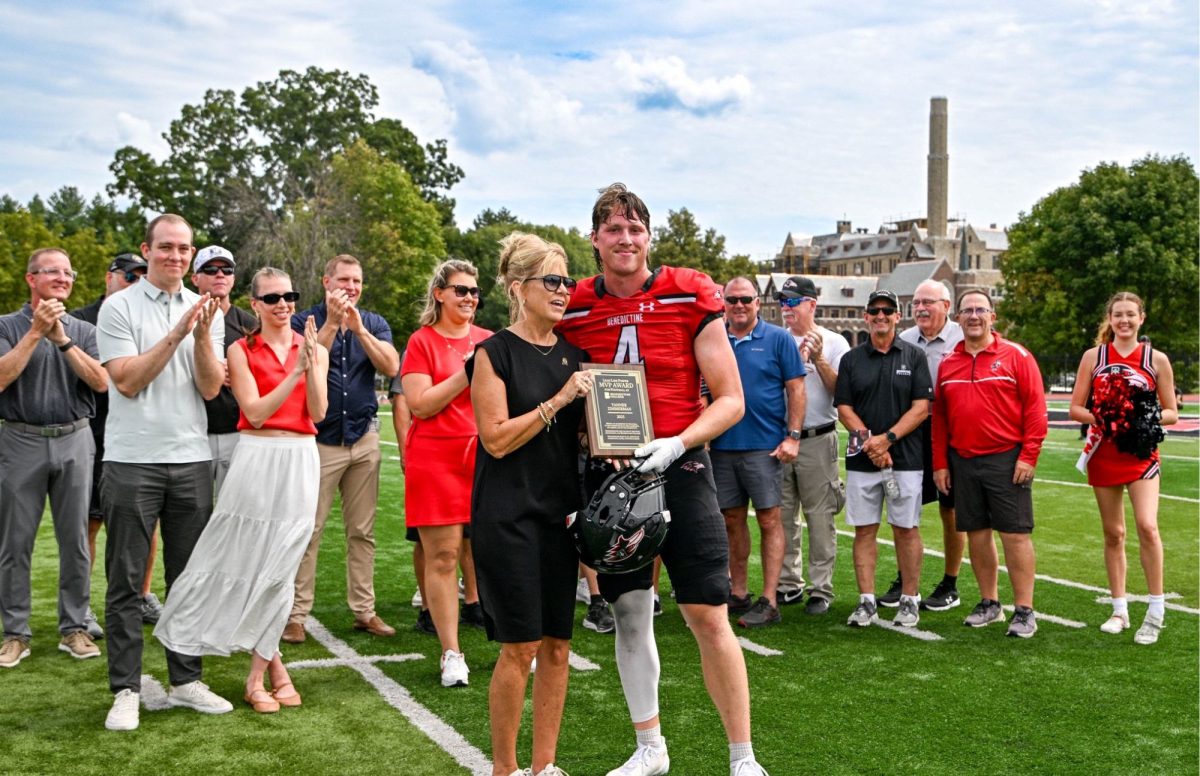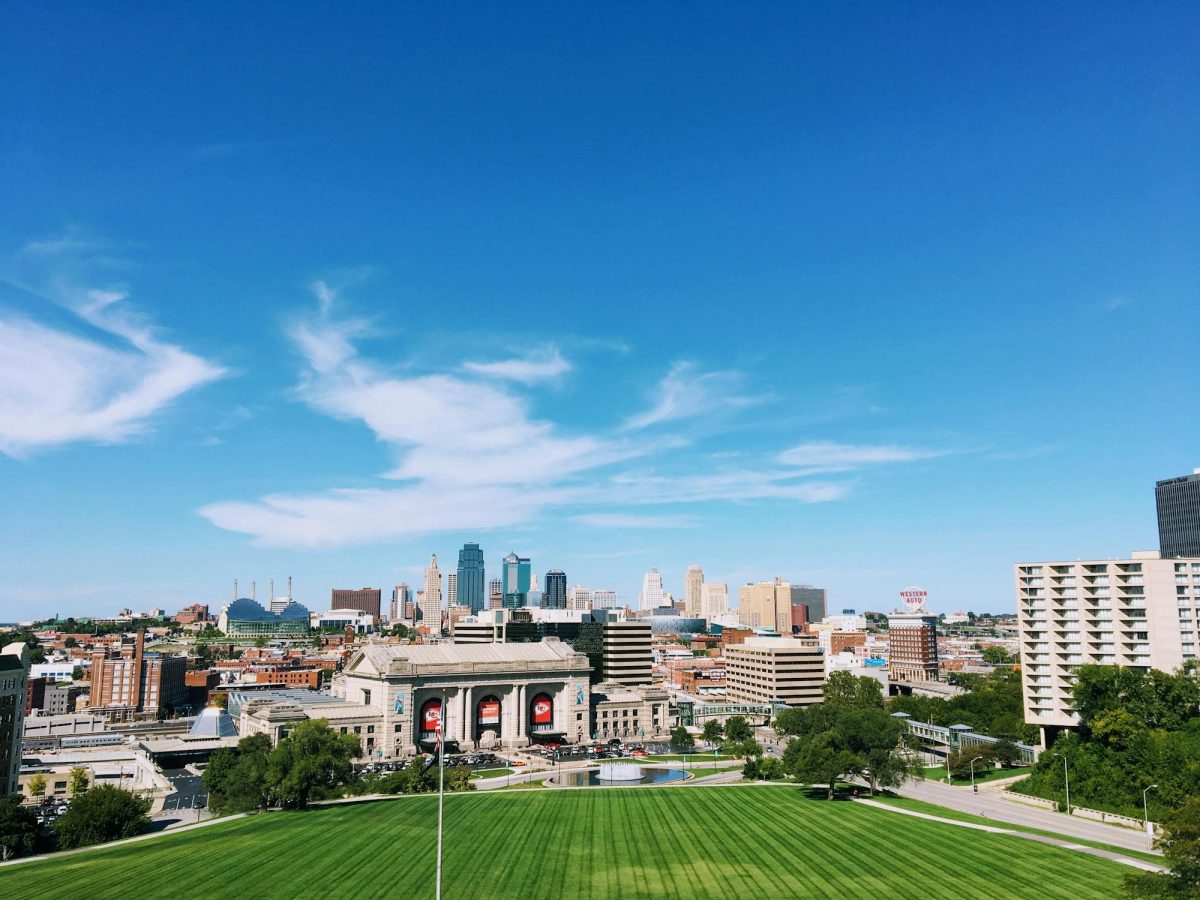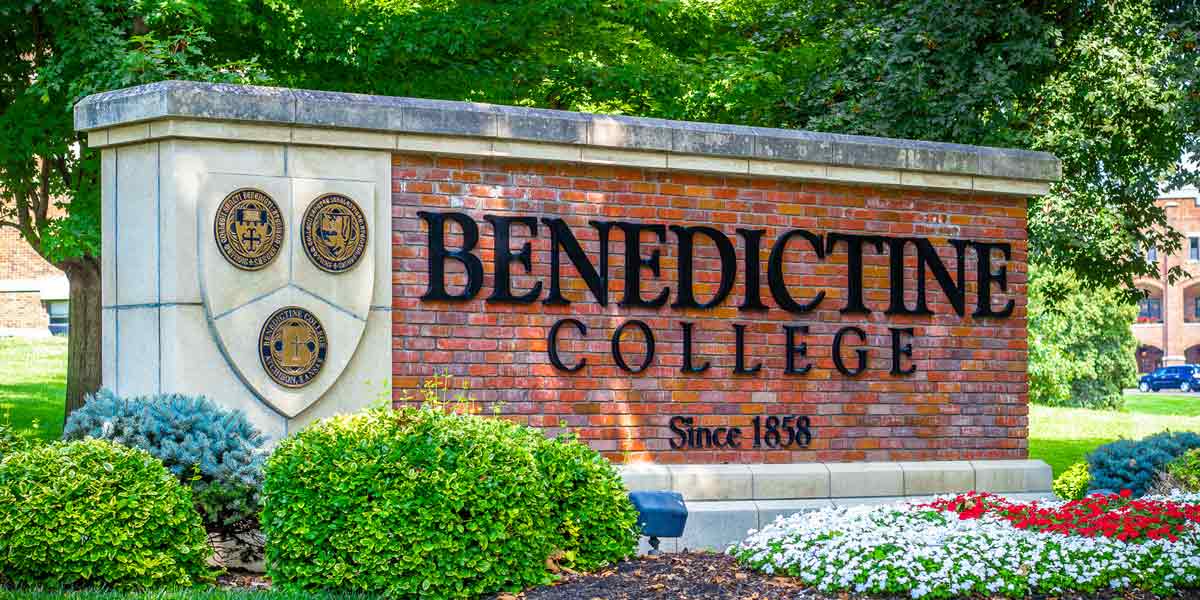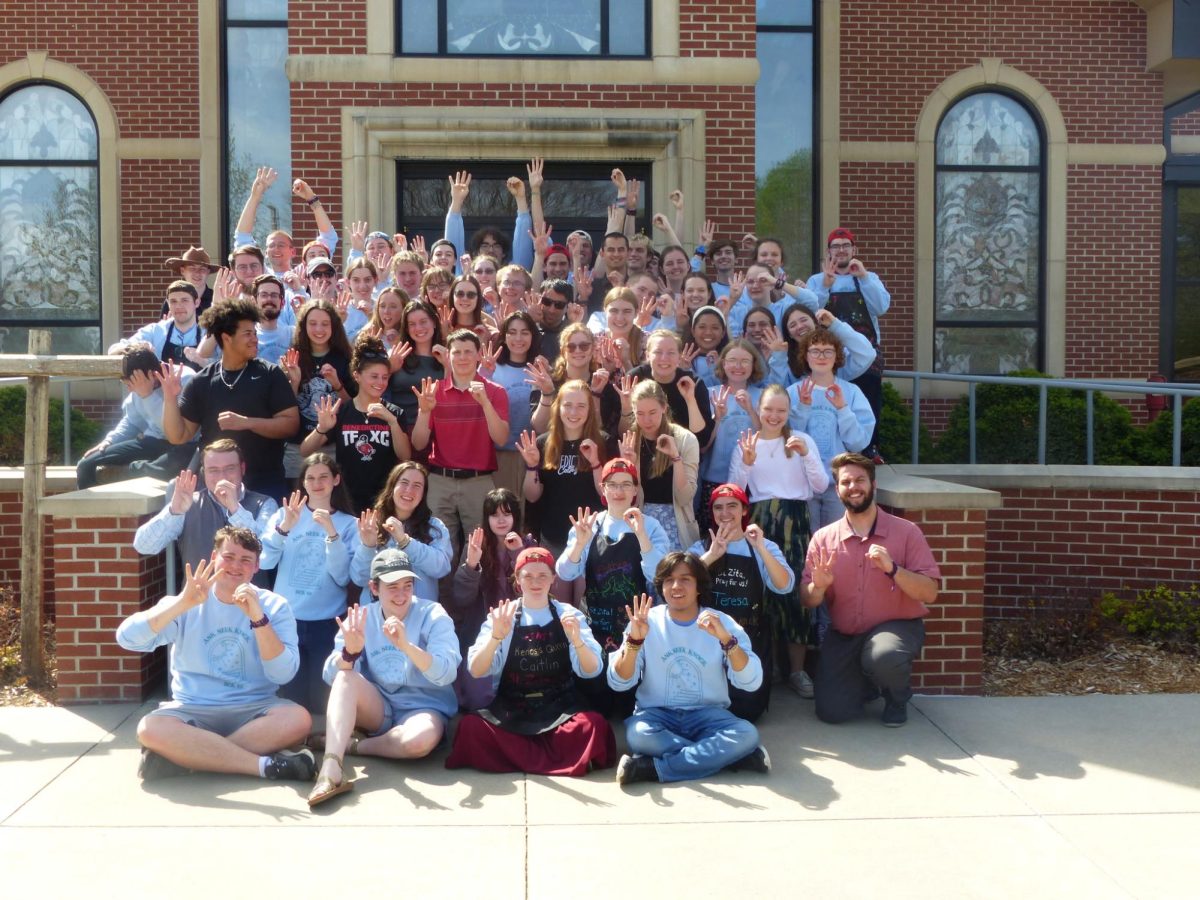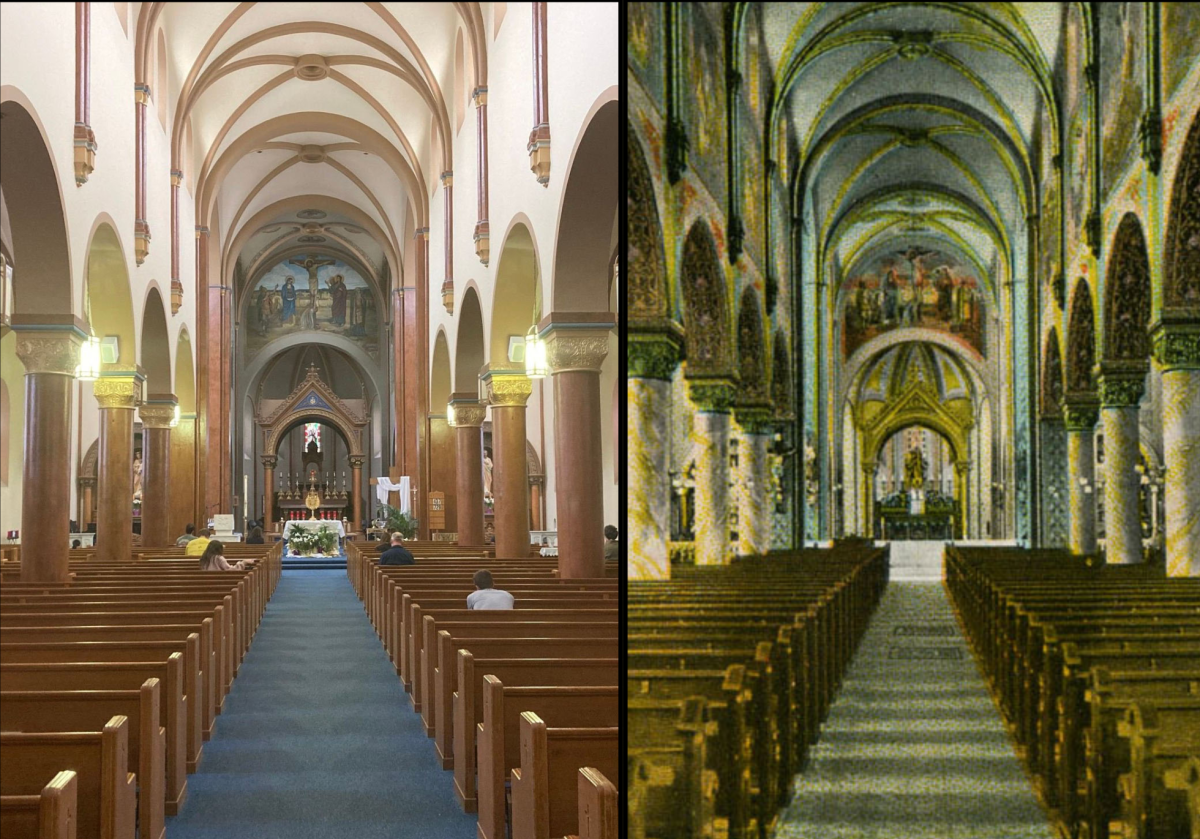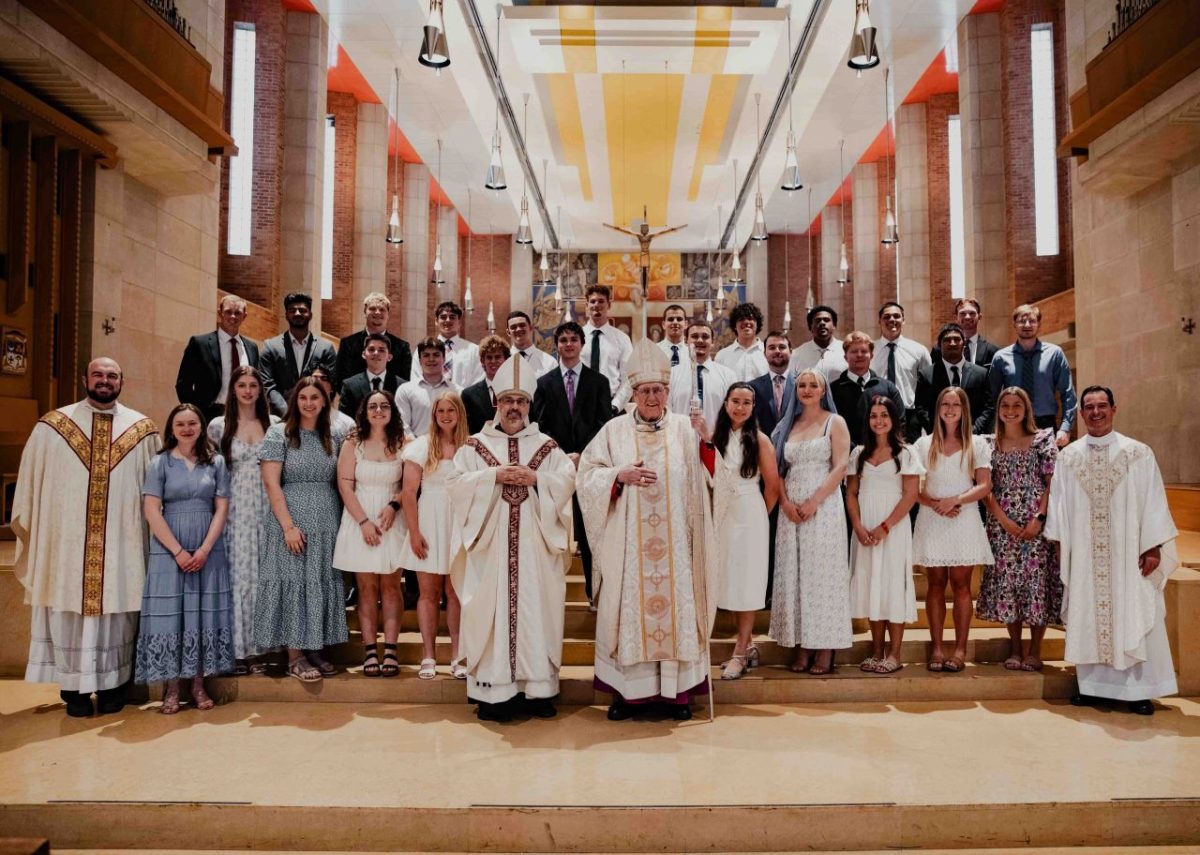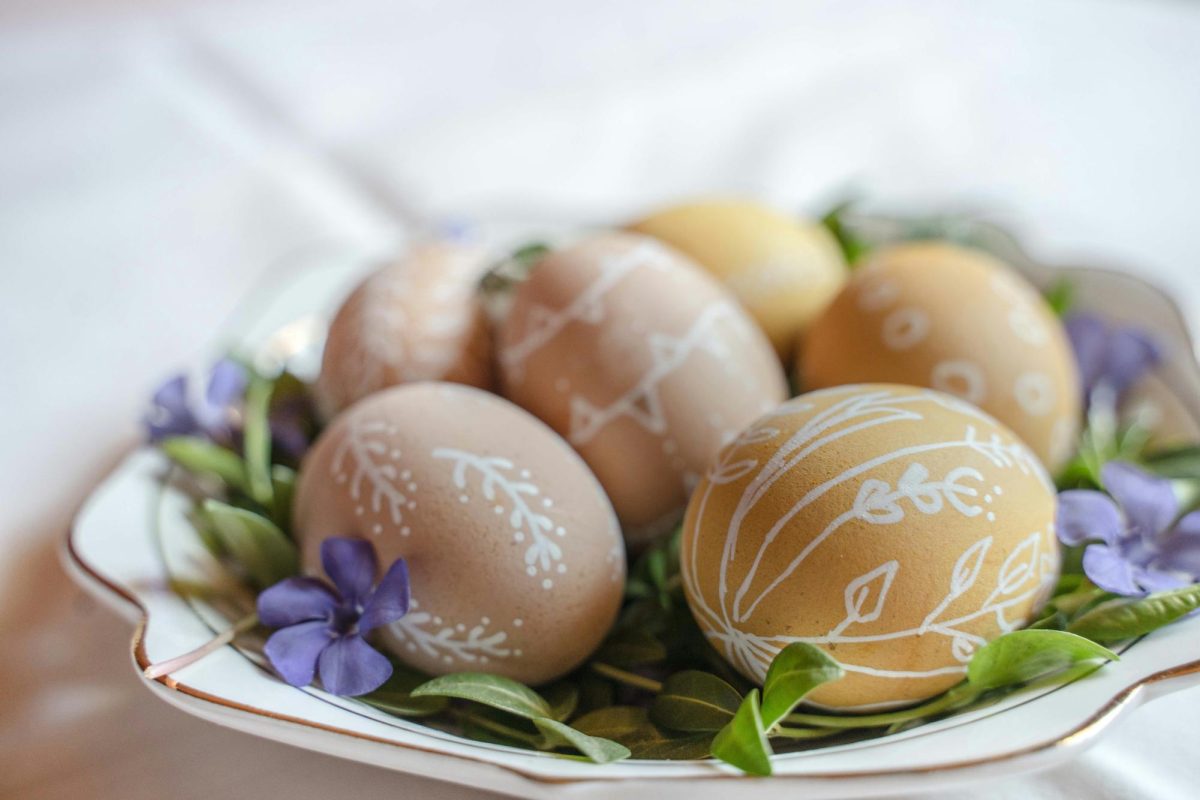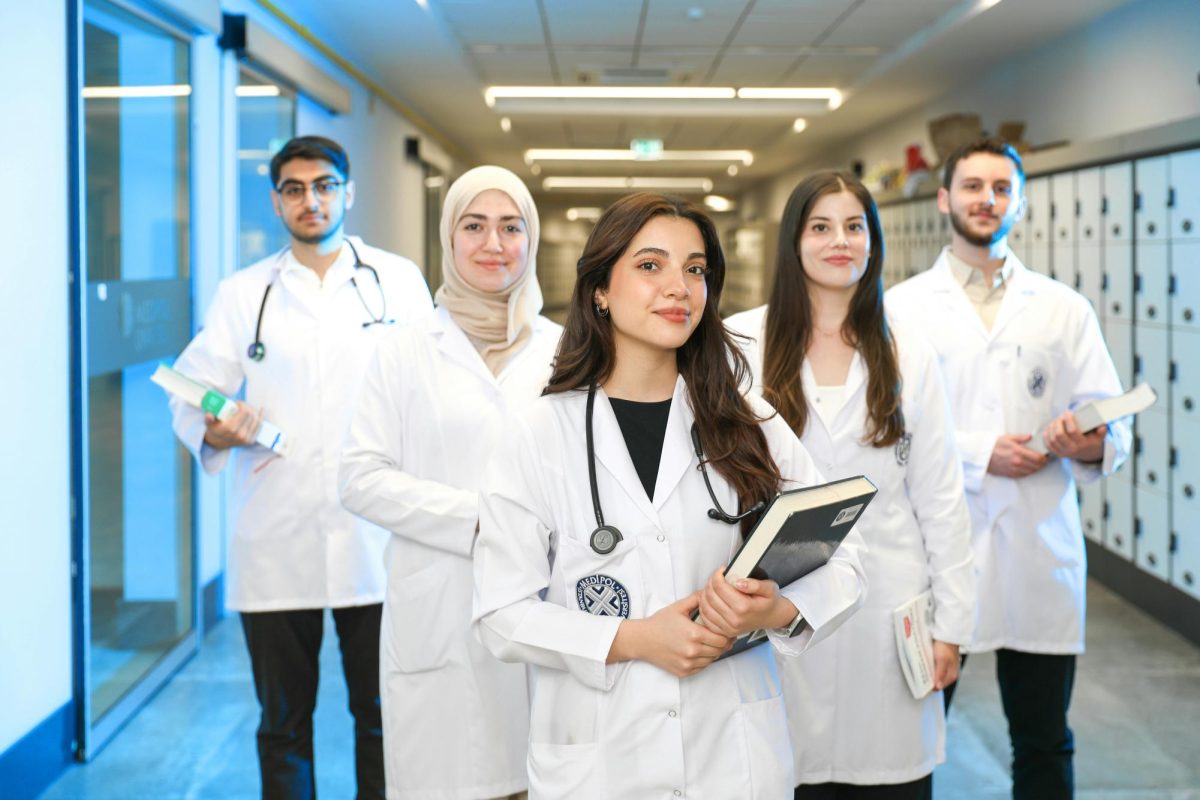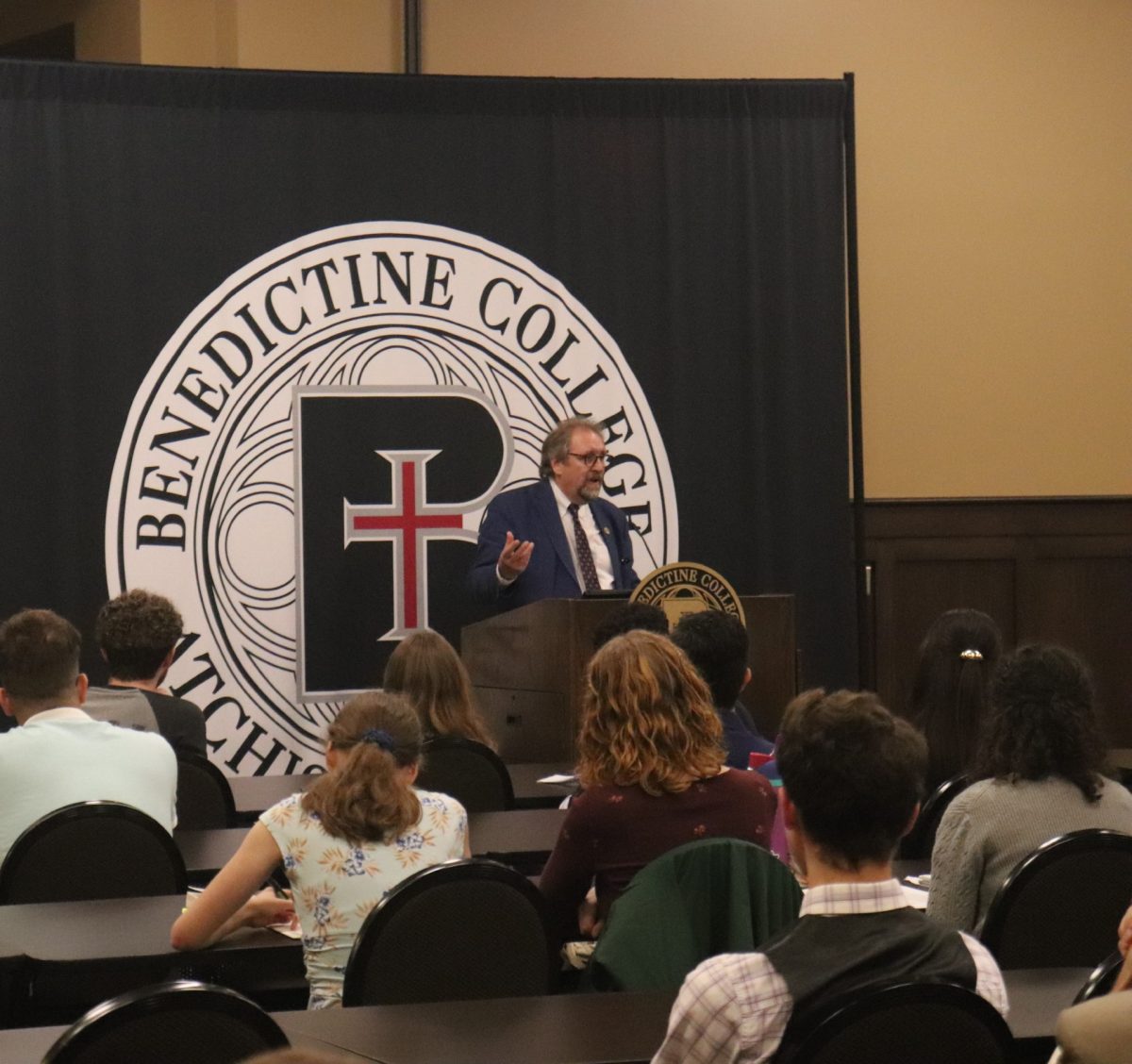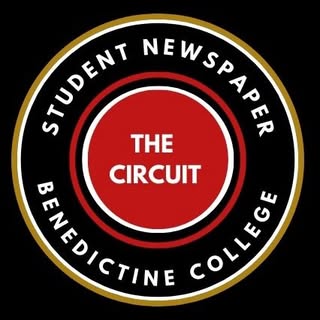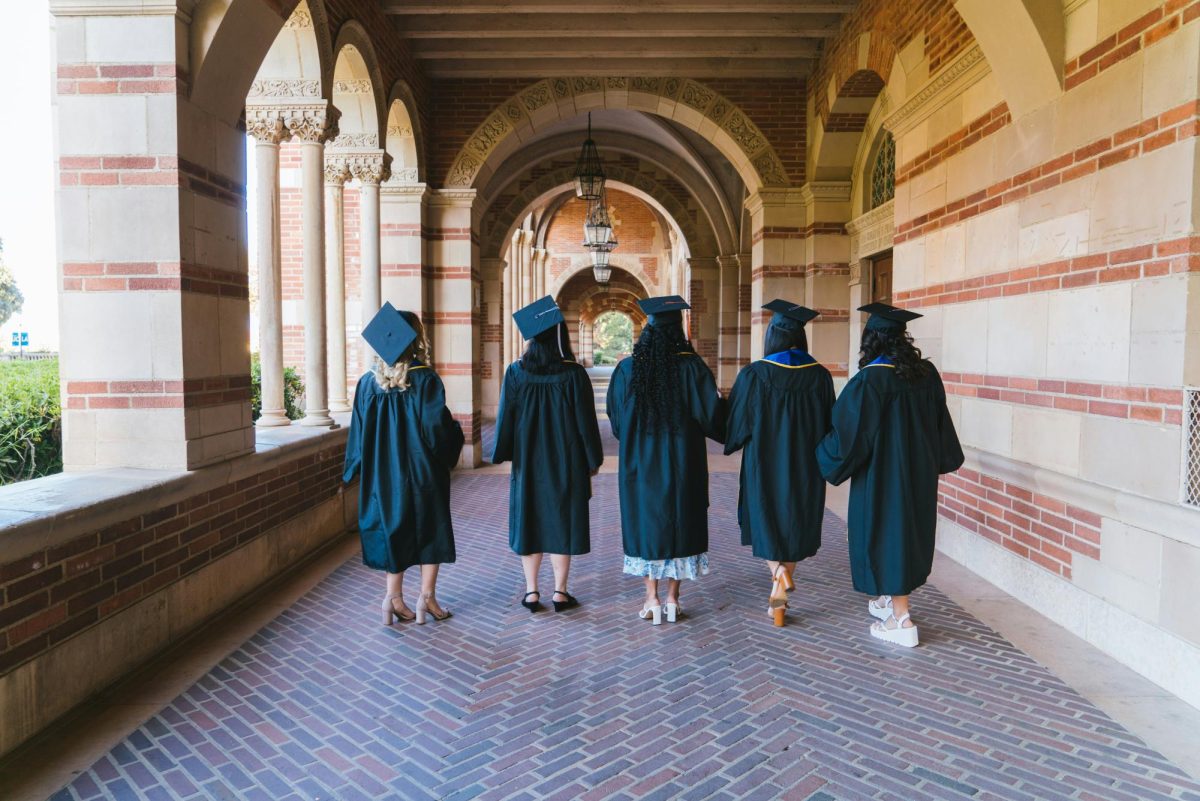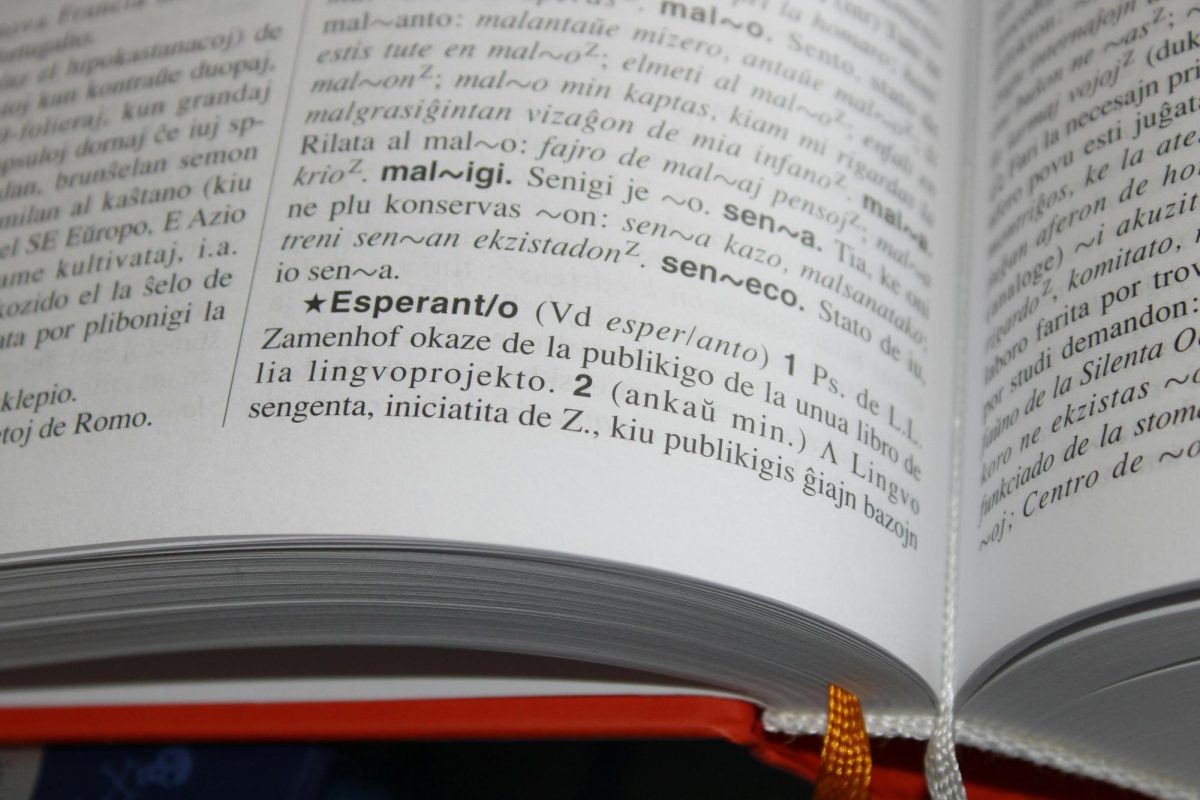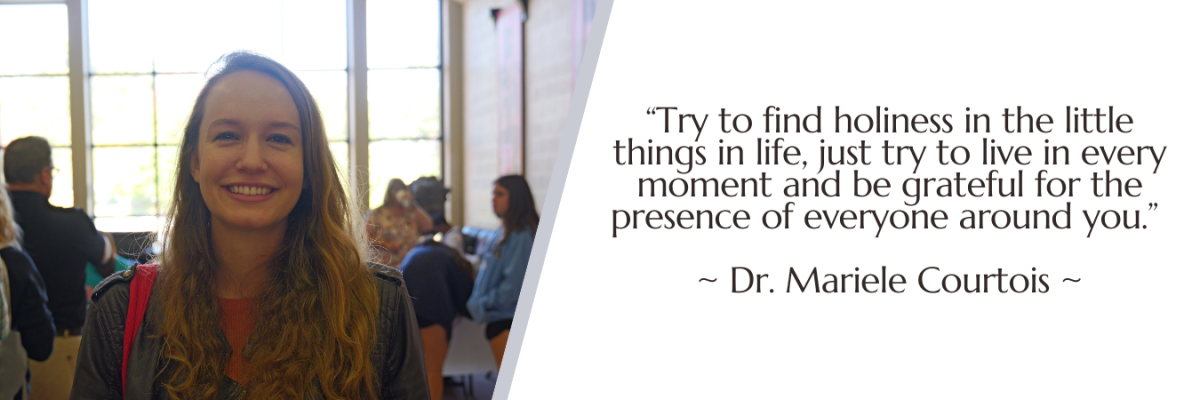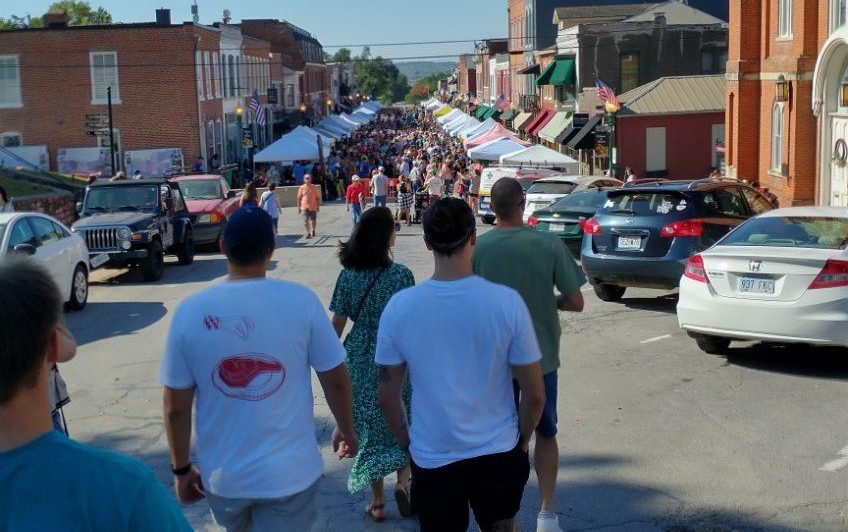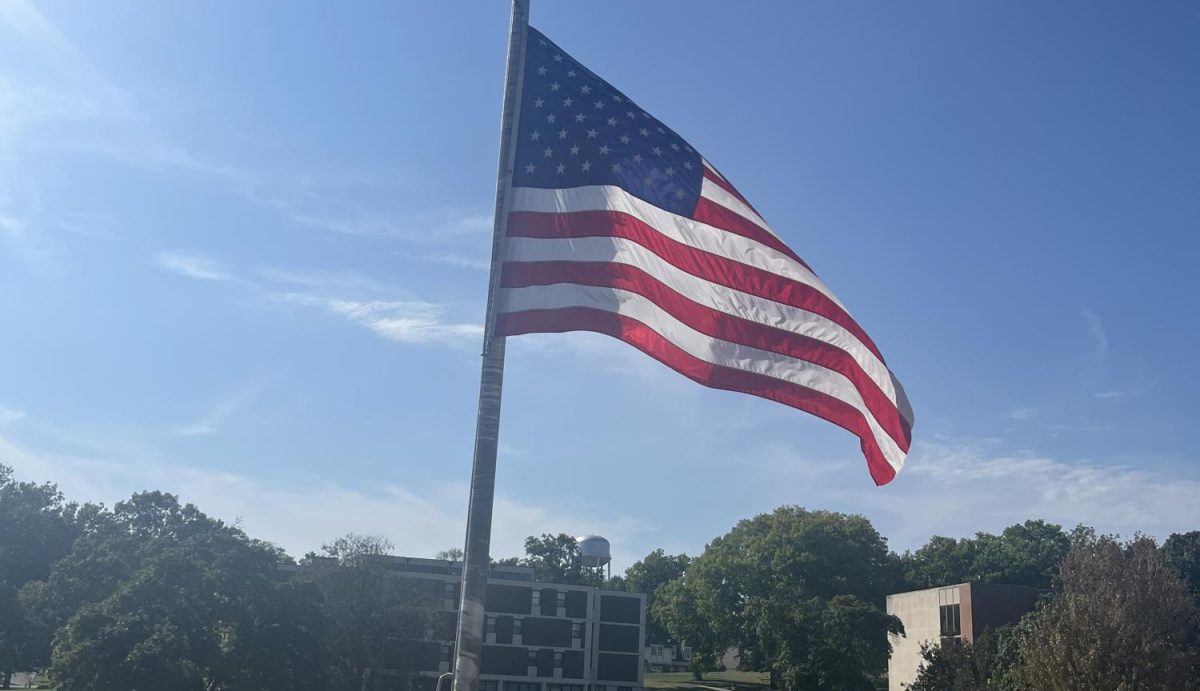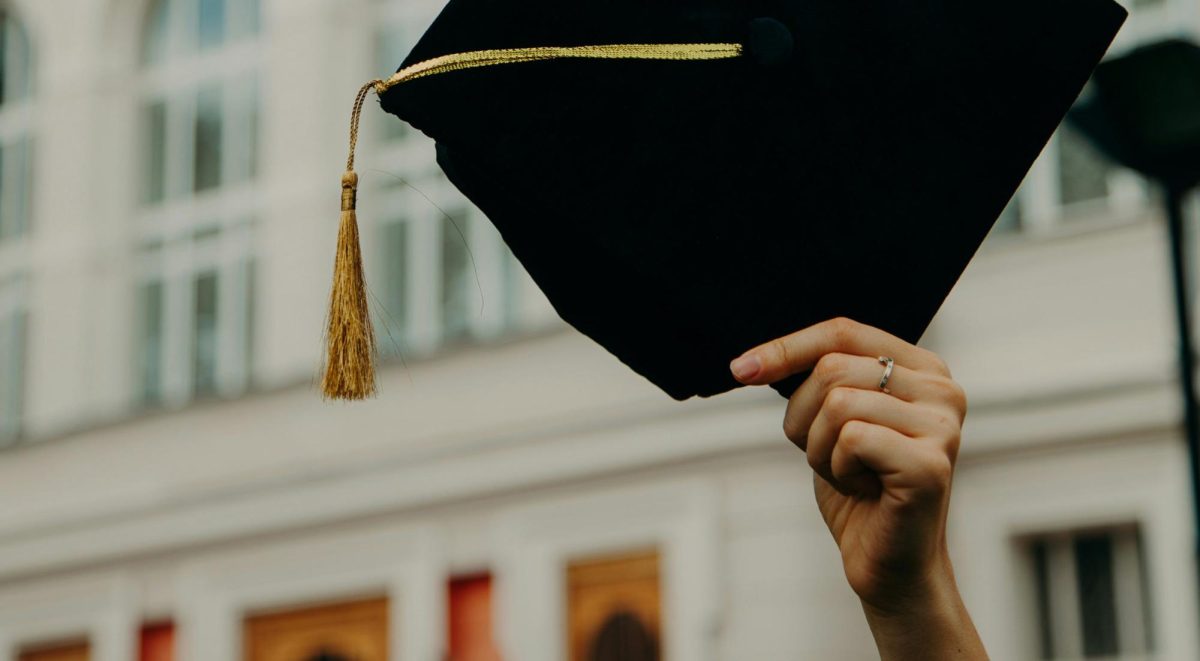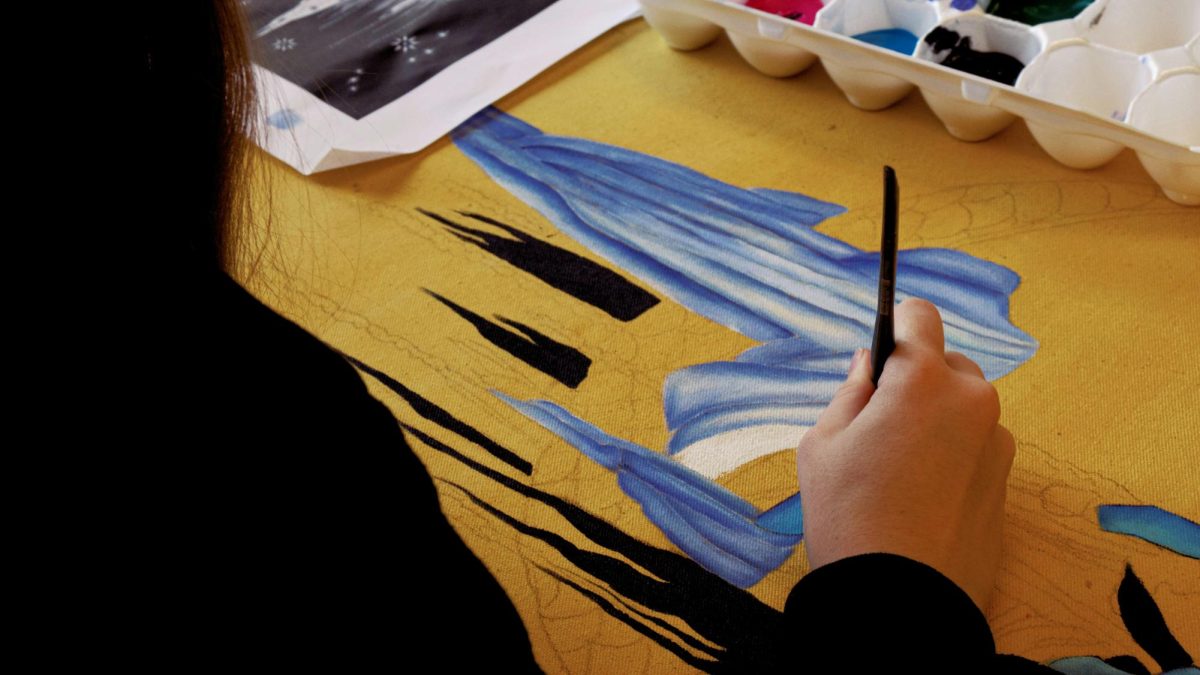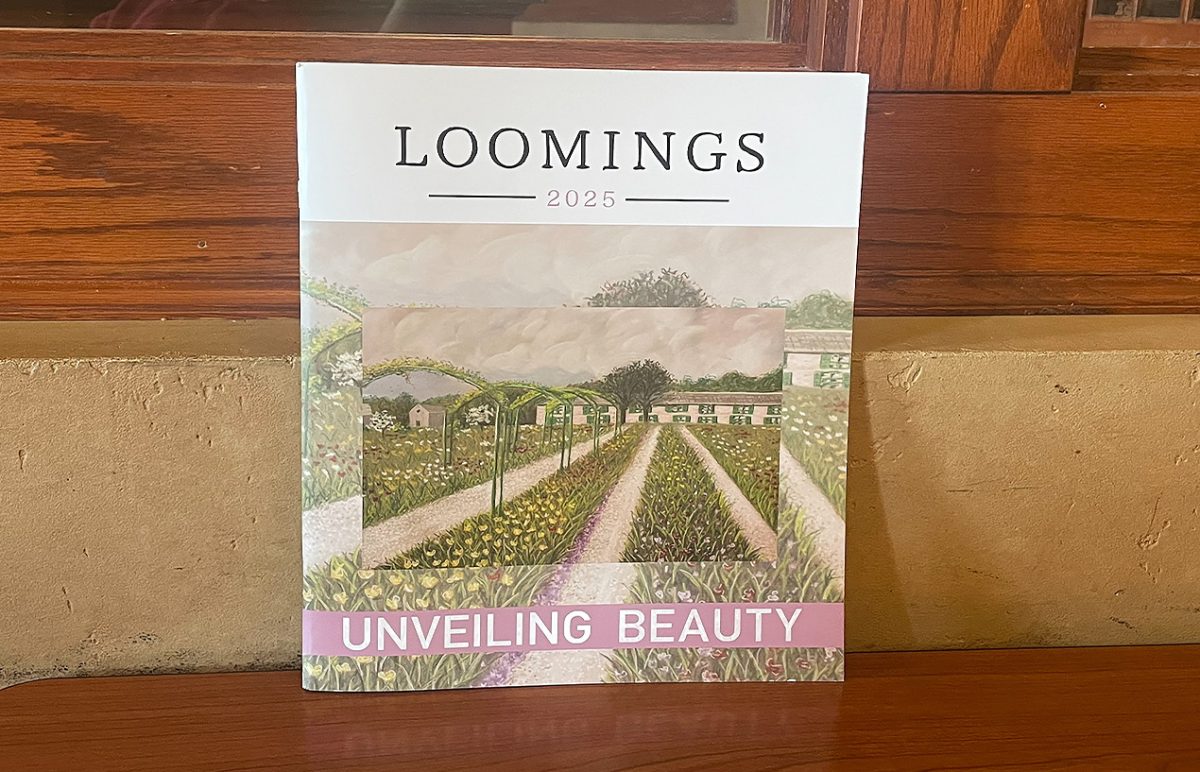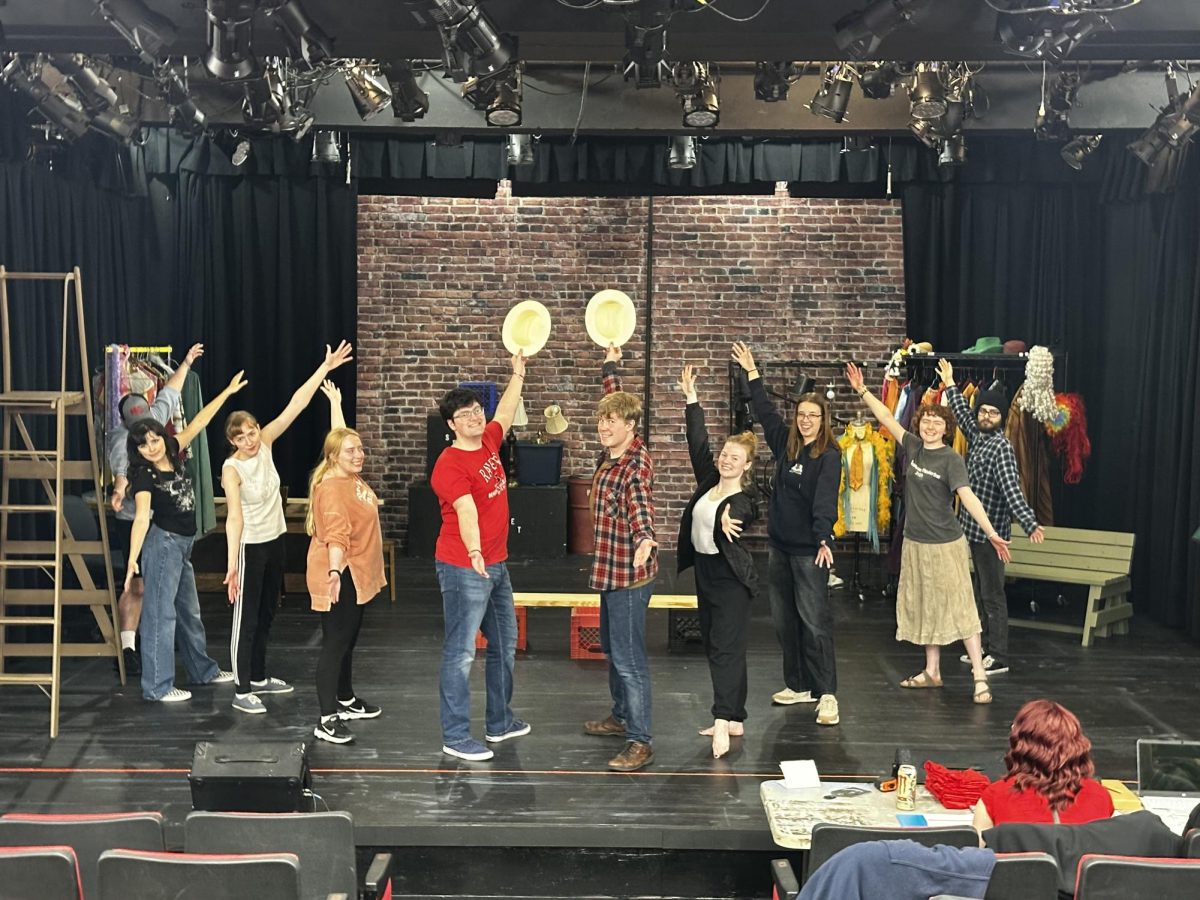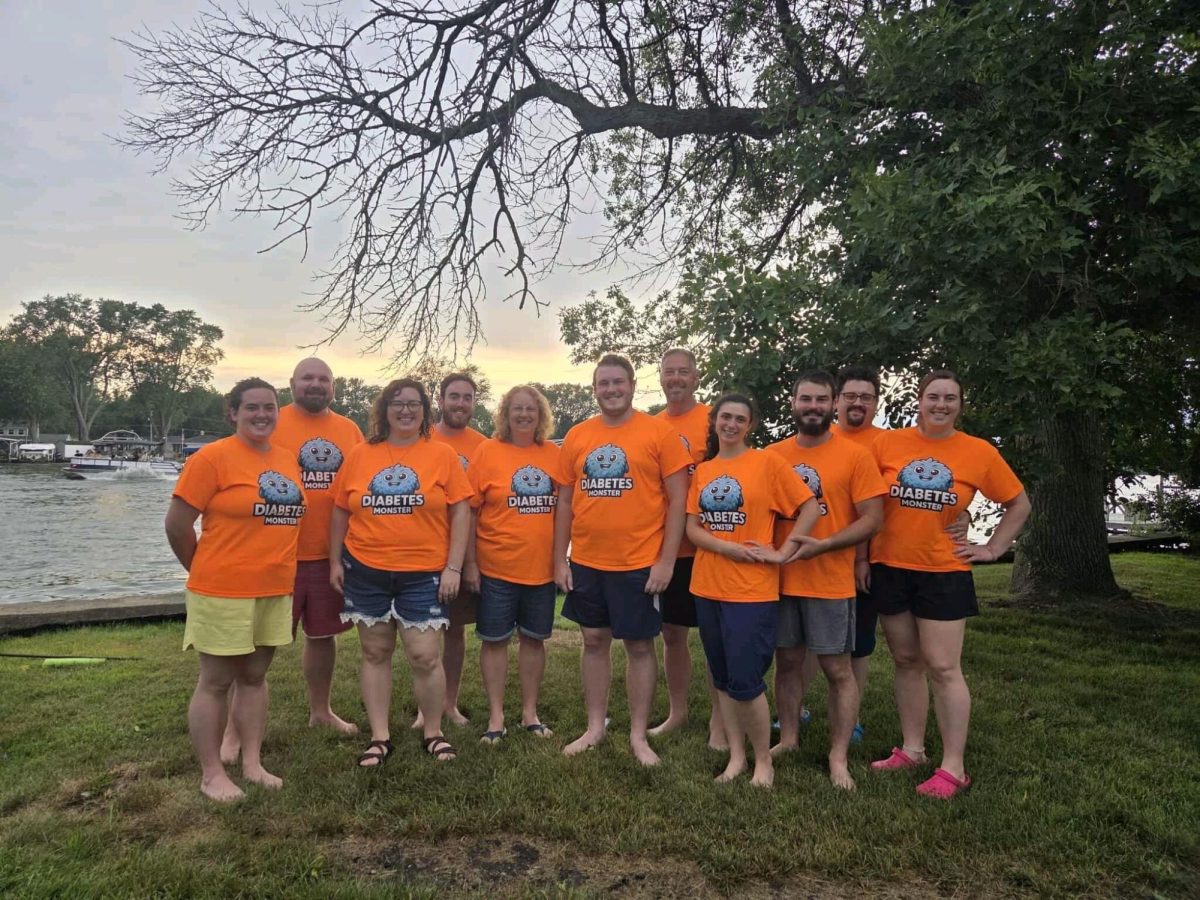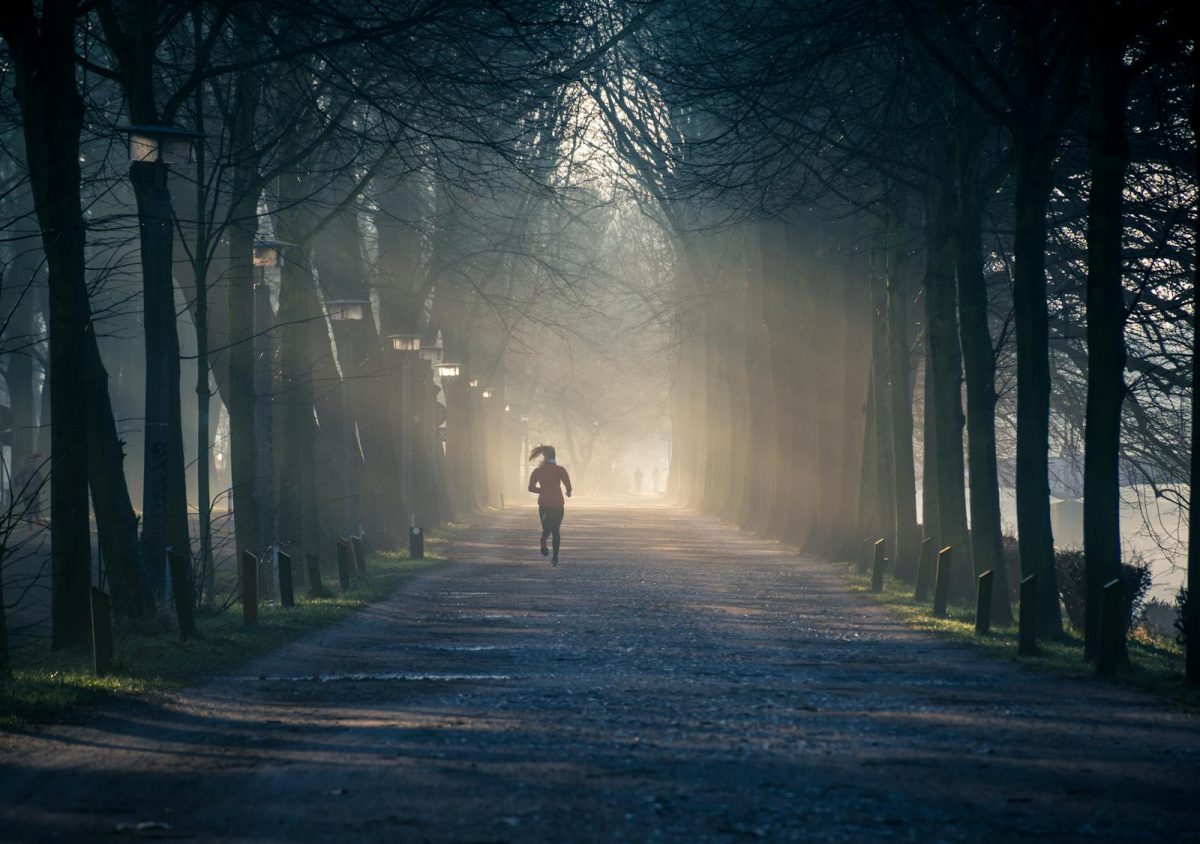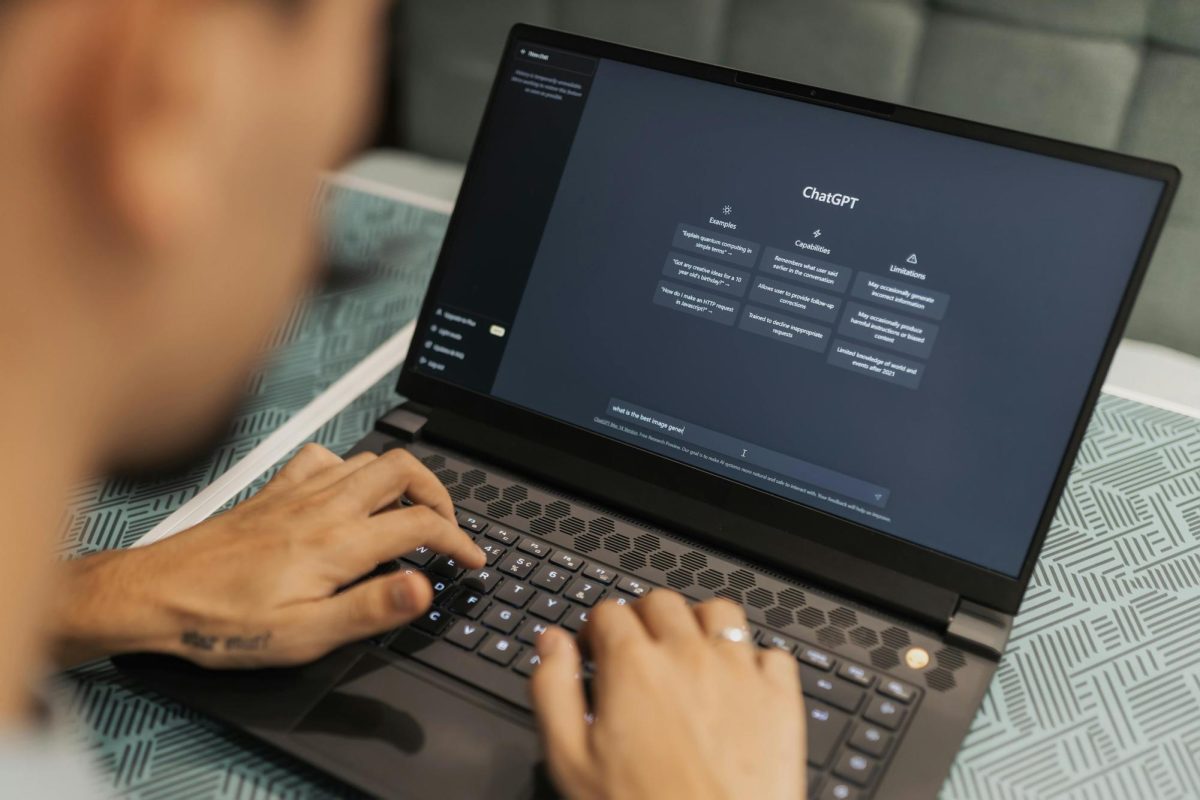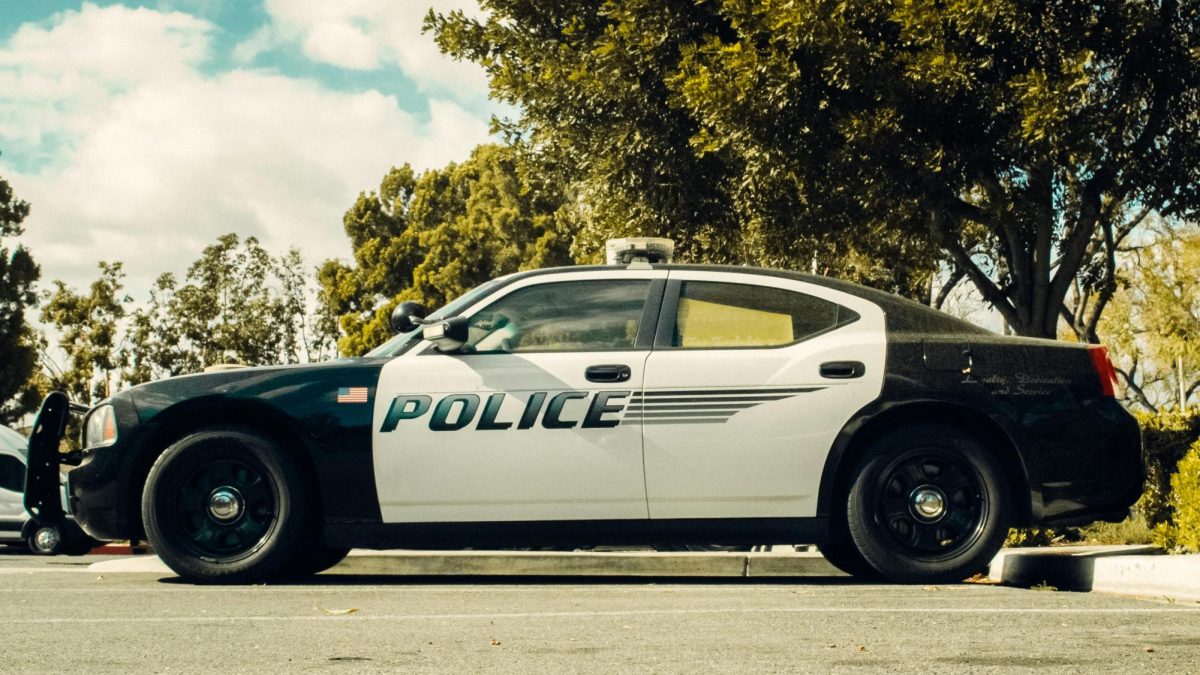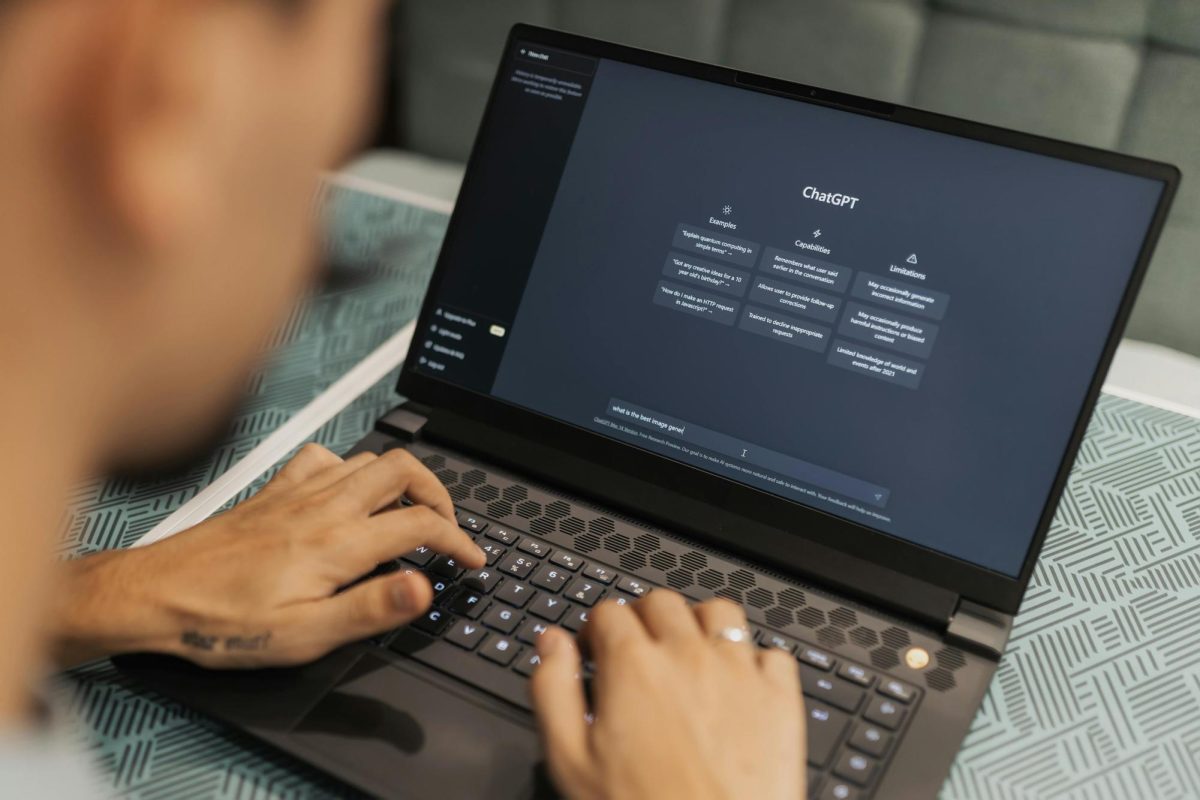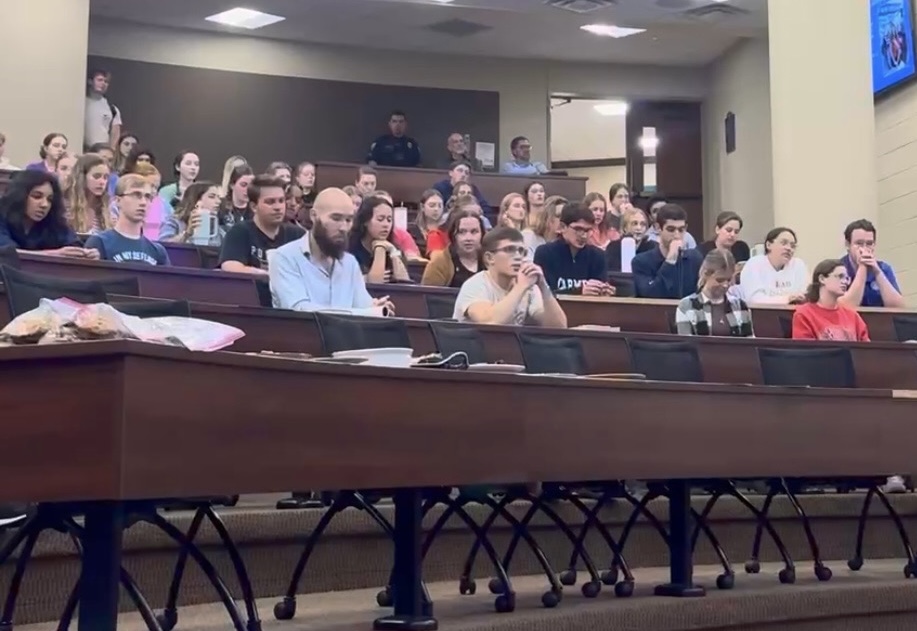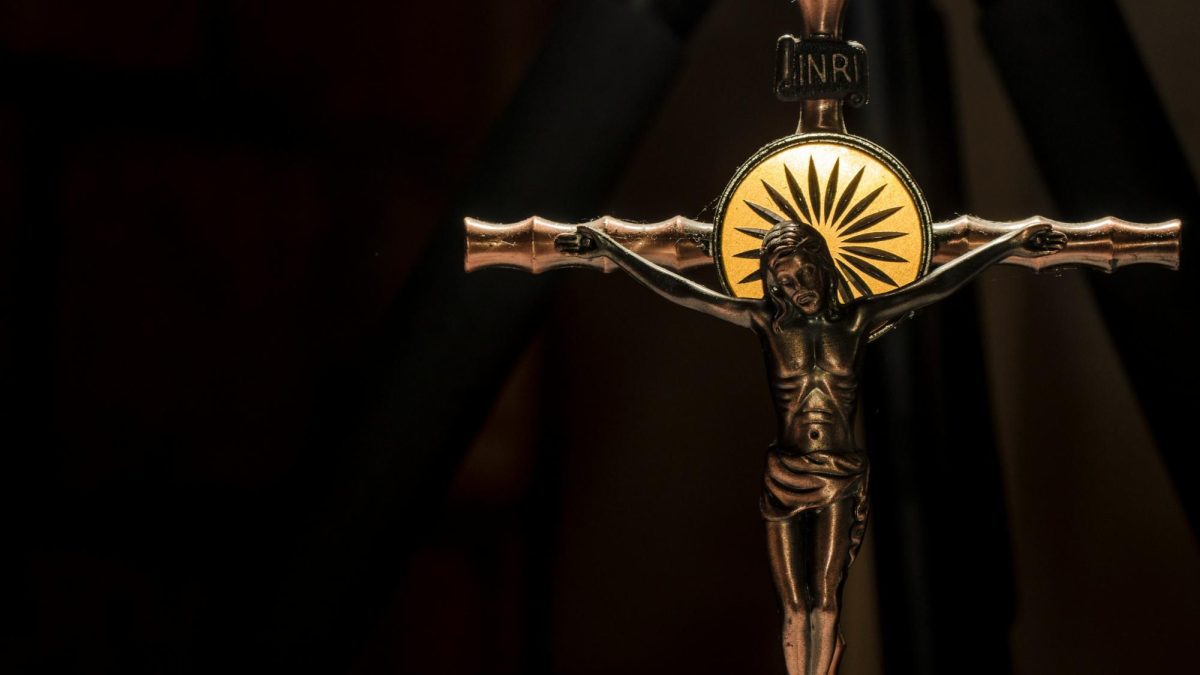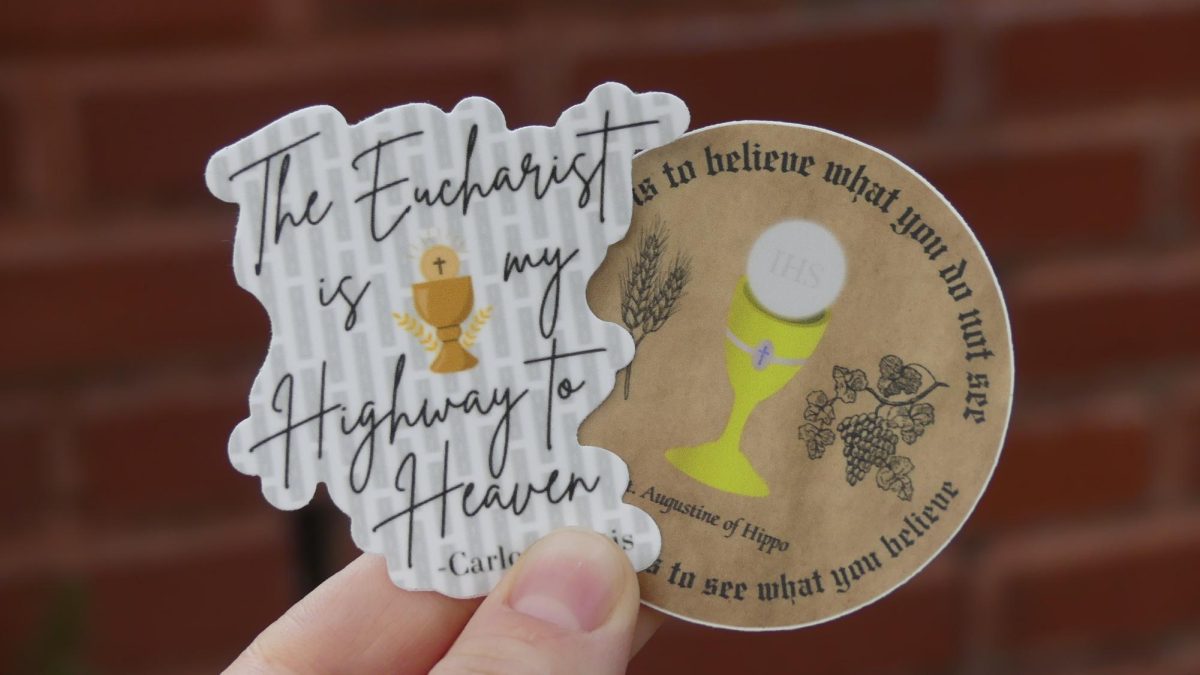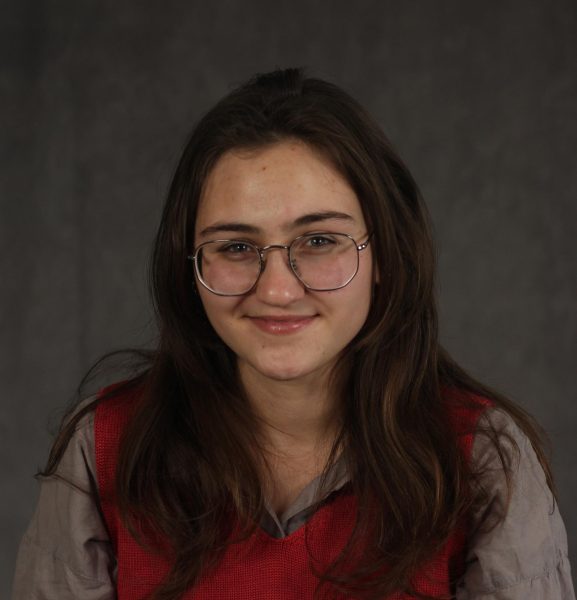Though the popular religious discourse on campus is between the ‘Latin Massers’ and the Novus Ordo attenders, Benedictine College has far more Catholic traditions and rites present than most students may realize, including Byzantines, Maronites and Anglican Rite Catholics.
The non-Roman rites are finding a space on campus with the Eastern Christians Club. Started by students and former Atchison resident and Ukrainian Greek Catholic Fr. Phillip Gilbert, the club is known as a friendly community that offers a space for anyone practicing or interested in Eastern Christianity and learning about the universal church.
The club’s aim is to provide a home for Eastern Catholics at Benedictine, and, club co-founder Alec Lastuka says, “helping Roman Catholics learn more about the other side of Christianity, that not everything in the church is based out of Rome.”
Fr. Phillip and his wife were key to some students’ interest in Eastern Rites. Bridget Wieland, a junior and Ukrainian Catholic, says that “they would hold vespers every Saturday evening with kind of just an open invitation.” They also held communal dinners and mentored the interested students, exemplifying a faithful Byzantine way of life.
Wieland said this community and the “dumbfounding” connection they felt to the Divine Liturgy led her and her fiancée to become Eastern Catholics.
For members of these rites, it isn’t as easy as just walking to St. Benedict’s Parish or the Abbey to attend a liturgy. The closest Divine Liturgy (the Eastern term for the Mass) is in Sugar Creek, Missouri, at St. Luke’s Byzantine Church. The drive is over an hour, a sacrifice these Catholics are eager to make.
“Even before I made the switch [to Ukrainian Catholic], I felt so at home at Divine Liturgy,” says Wieland.
The club facilitates rides to St. Luke’s for those who want to attend Divine Liturgy more regularly and participate in liturgy in a true Byzantine setting. They also continue Fr. Phillip’s tradition of vespers in town every Saturday. Night prayer is held daily on 2nd Street.
The club also provides the campus with talks on Eastern Christianity each semester and attempts to offer at least two Divine Liturgies a year. They’ve had Eastern Rite priests and deacons give lectures, as well as professors, such as the club’s faculty advisor, Dr. Jeremy Sienkiewicz.
The next Divine Liturgy will be held April 12 in the abbey crypt.
People mostly find the club through being curious enough to ask. As the club members live out their faith, other students notice things: a Byzantine cross on a necklace, or a sign of the cross made in a different direction: right to left.
The Eastern Christians Club serves to witness to the fullness to the Church and offer the Benedictine Community a window into it. Recognizing the diversity of the Church is to recognize the beauty of it, and to recognize the real power of its overarching unity. Teaching an understanding of union, tradition and continuity, iconography and ancient rite is an integral part of the club’s vocation.
But, as Lastuka says, “The best way to learn Eastern Theology is to pray it.”
